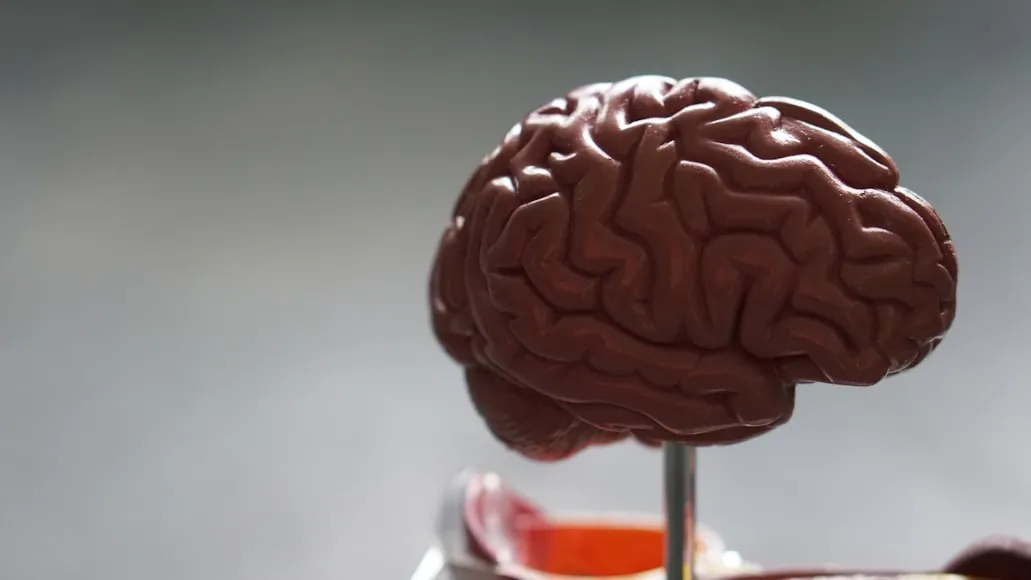Recently, I’ve been studying the APOE4 gene and its role in Alzheimer’s disease. This is a subject that both intrigues and frightens me, particularly as new research suggests that possessing two copies of this gene may be tantamount to having Alzheimer’s. Must we then use genetic testing as a way of finding out if we are likely to get sick? Alzheimer’s is very scary. It is so painful to watch someone you love suffer from it until they no longer remember their own selves or others around them. The thought of knowing ahead that you could end up like this scares me. Yet again, do I accept it if it comes my way?
The recent publication of a study on Nature Medicine has shed some light on how influential the APOE4 gene can be. The study reveals that approximately 95% of persons with two copies of this genetic variant had shown signs of Alzheimer's years before they were diagnosed. These symptoms appeared almost twenty years earlier than normal. Just imagine, being aware that your brain might begin presenting features characteristic for developing Alzheimer’s from your mid-fifties onwards with ailments presenting themselves by your 60s. Is there any other way one can look at it?
However, some individuals having two copies of APOE4 never develop Alzheimer’s symptoms. Some people can live into old age without showing any indications of the disease while their brains show typical changes associated with Alzheimer’s. It is hard to decide whether or not to be tested because there are many factors involved in the decision.
Another major issue is how we handle this information. The study focused on people of European ancestry mainly, so it is unknown if these findings will apply to everybody else. This limitation should very much concern us as it undermines the validity of APOE4 testing at large. Moreover, disclosing that one has a high genetic risk can result in tension and panic especially when it is done in the absence of proper genetic counseling. Consequently, appreciating the whole significance such as what results imply and how one can proceed further is vital.
There are also preventative steps to be considered. Discovering you’re at risk might encourage healthier lifestyle choices. Activities for brain exercise, a balanced diet, and physical exercise have often been recommended as ways of lowering the chances of Alzheimer’s’ disease. But even then, there are no guarantees. Therefore, although this new knowledge may not change your outcome but could aid you live a better life in general.
I am hesitant. On the one hand, I understand how it is important to be ready. For instance, if I identified myself as being at high risk of getting the disease, that could help me take preventive measures and plan. This way I would feel more secure in my mind knowing that there is nothing left undone to stay healthy. On the other hand, this knowledge may consume my life and make me anxious about every minor memory loss.
The ethical issues are also quite significant here. Such testing becoming common could lead to discrimination or stigmatization. If people were aware of their genetic risks for example; it may become difficult to be insurable or employable. It is necessary to consider these effects on society when talking about extensive genetic testing scenarios.

Image link
But currently, the medical community is still cautious. In that regard, some experts like those from the American College of Medical Genetics and Genomics are not ready to recommend predictive APOE testing. Here, they emphasize the significance of genetic counseling to help individuals comprehend and deal with their outcomes.
Whether or not to be screened for the APOE4 gene is an individual decision. It is a matter of deciding whether the potential advantages outweigh the emotional and moral dilemmas involved. Although new research gives us encouragement on early intervention, it also raises many questions for contemplation. As for me, I’m still thinking about which way to go, balancing between wanting to know and needing to live without unnecessary fear. Whatever your decision may be though, ensure it’s an informed one taking into account all aspects accordingly.
